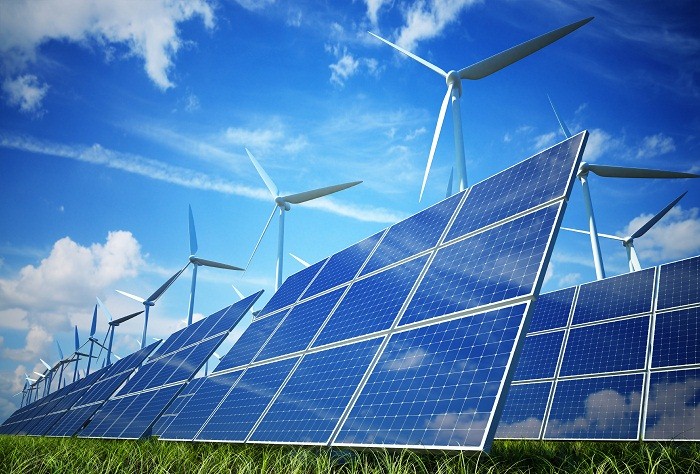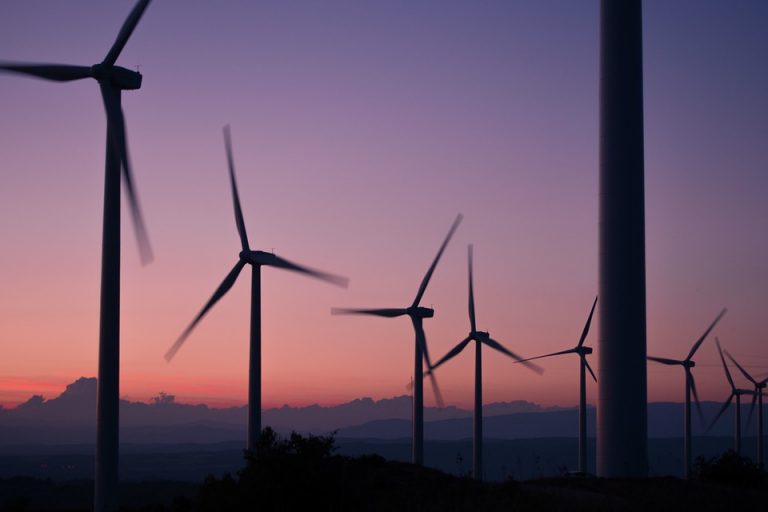
Having solar energy in Australia just makes sense. We have sunlight nearly year-round, and even in the winter it still beats down with tenacity. Our reliance on coal power plants is still going strong, however. This is primarily because many people simply don’t know how far solar power generation has come.
When it was first introduced, solar energy was seen as a bulky alternative, requiring hundreds of meters of space to generate any power worth noting. However, with advances in solar power technology, it’s clear that solar energy is here to stay. Here are a few reasons why we think that is.
Store Your Energy
One main issue many have had with solar energy over the years is its ability to be stored properly. Once it’s collected, how long will the charge last? This has been the bane of the technology for years. Once the solar energy is depleted, you have to wait for the sun to re-emerge. This is difficult to do at night.
Mark Lollback, chief executive at GroupM, has recently switched to solar power generation for his home. He sings the praises of solar batteries.
“We were keen to put solar panels on the roof, which was great, but what we realised was a lot of our energy consumption was out of day hours when electricity was being produced,” Lollback says.
“At night when we needed electricity and it was expensive, we were taking it from the grid.”
The solar batteries on his home made it possible to store the energy acquired during the day and use it at night or later. Being able to store the captured energy makes a big difference, and tips the scales solar’s way.
Accessible Personal Power Generation
One of the main barriers to solar, as aforementioned, was the need to have a large space to install the solar panels. The necessity for this space meant that not everyone could have a solar panel. Putting them on the roof made things easier, but they were still bulky.
Technological advancements have given solar panels a higher rate of accessibility. Elon Musk has recently announced solar shingles for roofs, making solar panelling available for homes anywhere. Additionally, progress is being made on spray on and printable solar panels.
Cost Effective Power Generation
Another important reason solar is a game changer is the cost. The solar battery can hold enough power to keep your home running for a long time, but there is also an option to continue using the regular power grid. Having that option means that what you generate can be sold back to the power company. This sale is dependent on whether you consume or produce more power on any given day.
A good solar battery and panel system will be able to generate enough power to keep your home essentially off the grid, however. With a setup cost of about $25,000 and a savings of $500/month, you could see how the system could pay for itself in very little time.
Reduce Reliance On Fossil Fuels
One fact that we can’t seem to get away from is that we rely heavily on fossil fuels. Humans consume 221 tonnes of coal, 1,066 barrels of oil, and 93,000 metric cubes of natural gas per second. That is a lot of fuel!
However, there is hope on the horizon thanks to solar and other renewable energies. Over the last decade, global investments in renewables have risen from $50 Billion in 2004 to over $300 Billion in 2015. This shift has been seen primarily in developing countries, with China representing one-third of all investment. This is a very positive step forward, which would see solar energy at the forefront of global sustainability efforts in the very near future.
Is Solar A Game Changer? Yes, Yes It Is.
For years, the sun has beat down on Earth, and only recently have we attempted to harness it’s power. Thanks to some bright minds and some changing hearts, solar panels have become much more common. In Australia, the sun is shining most days, so it’s only a matter of time before solar becomes the norm.





Leave a Comment